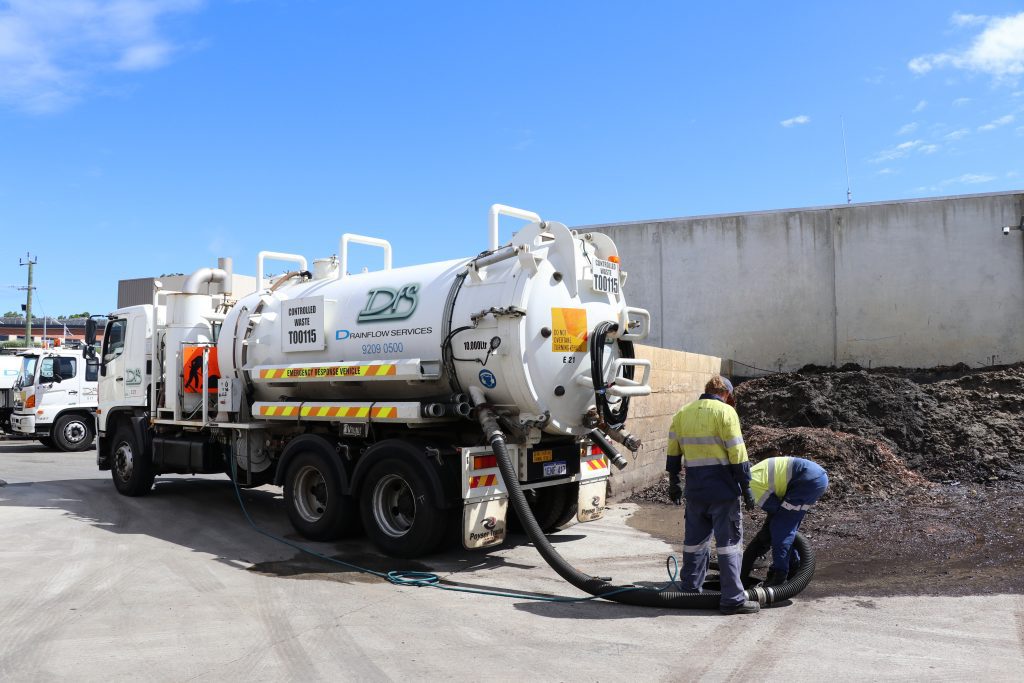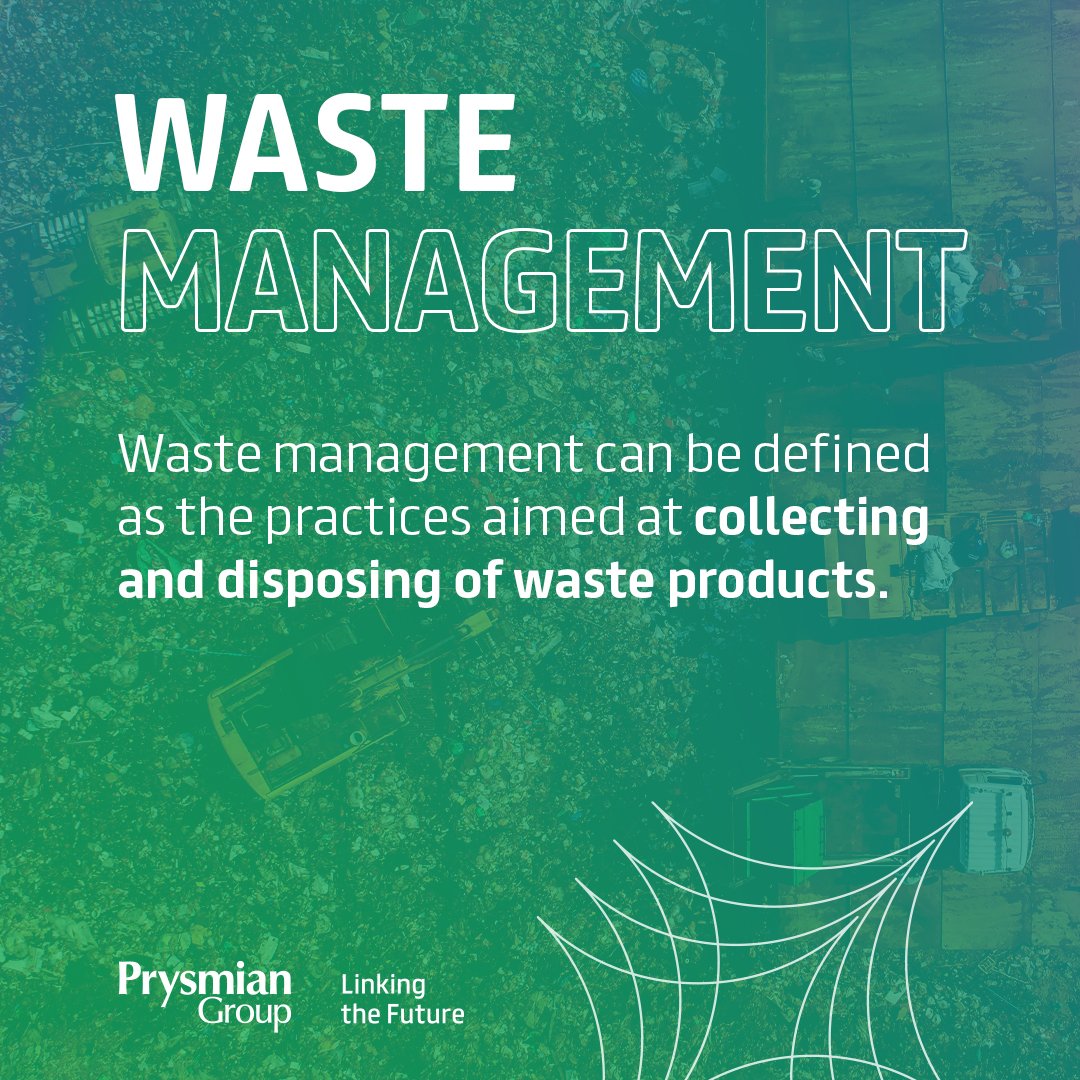9 Simple Techniques For Reclaim Waste
Not known Facts About Reclaim Waste
Table of ContentsThe Definitive Guide to Reclaim Waste4 Easy Facts About Reclaim Waste ShownSome Known Factual Statements About Reclaim Waste 9 Easy Facts About Reclaim Waste DescribedHow Reclaim Waste can Save You Time, Stress, and Money.
Domestic sewage waste refers to the waste and items from a residential septic storage tank. The correct administration and disposal of residential sewage waste need fluid waste to be transferred to a sewage therapy plant where the proper methods and equipment are applied to cleanse and dispose of waste.
Industrial waste often includes possible hazards, such as flammable products or a combination of liquid and solid waste items, and calls for a more sophisticated and thorough disposal process. The disposal of commercial waste normally entails the filtration of waste before transportation to make sure secure and correct disposal. Industrial waste is created from by-products and overflow of commercial procedures and manufacturing.
This sort of waste can not make use of the same sewage management transportation or processes as septic or industrial liquids. The industrial waste administration process needs the assessment and screening of fluid waste prior to it goes through the disposal procedure (liquid waste disposal melbourne). Overflow waste is the liquid waste that comes from overflow and excess stormwater in highly booming locations or cities
Drainage waste can create contamination and flooding if not dealt with correctly. Discover much more regarding sewer cleaning and waste management. Guaranteeing proper waste management can prevent disasters and reduce ecological injury. Both people in domestic settings and professionals in commercial or manufacturing markets can benefit from understanding the procedures and guidelines of fluid waste administration.
The Best Strategy To Use For Reclaim Waste
Get in touch with PROS Providers today to learn more about our waste administration and disposal solutions and the proper means to care for the fluid waste you generate.
(https://justpaste.it/fauht)This so-called 'wastewater' is not just an important resource but, after treatment, will certainly be released to our land, rivers or the sea. Utilized water from commodes, showers, baths, kitchen area sinks, washings and industrial processes is recognized as wastewater.

water utilized to cool down machinery or clean plant and tools). Stormwater, a form of wastewater, is drainage that streams from agricultural and urban locations such as roofs, parks, yards, roadways, courses and rain gutters right into stormwater drains, after rain. Stormwater streams neglected straight to neighborhood creeks or rivers, eventually getting to the ocean.
The Buzz on Reclaim Waste
In Queensland, the majority of wastewater is dealt with at sewer therapy plants. Wastewater is transported from domestic or industrial sites through a system of sewers and pump terminals, called sewerage reticulation, to a sewage therapy plant. Local governments build, maintain and operate most sewage therapy plants. Operators are accredited under the Environmental Management Act 1994 to discharge cured wastewater at an appropriate ecological criterion right into rivers.
The Division of Natural Resources suggests city governments about managing, operating and keeping sewage systems and treatment plants. In unsewered locations, neighborhood governments may call for owners to set up individual or house sewer treatment systems to treat residential wastewater from bathrooms, continue reading this kitchens, bathrooms and washings. The Department of Natural Resources authorises using house systems when they are proven to be reliable.
A lot of stormwater receives no therapy. In some new subdivisions, therapy of some stormwater to eliminate litter, sand and crushed rock has actually begun making use of gross contaminant catches. Wastewater treatment occurs in 4 stages: Gets rid of solid issue. Larger solids, such as plastics and various other objects mistakenly discharged to drains, are removed when wastewater is gone through screens.
Makes use of little living organisms understands as micro-organisms to damage down and get rid of remaining dissolved wastes and fine bits. Micro-organisms and wastes are included in the sludge.
Rumored Buzz on Reclaim Waste
Nutrient removal is not available whatsoever sewage treatment plants due to the fact that it calls for costly specialist devices. It is coming to be extra usual in Queensland. Clear liquid effluent produced after treatment may still have disease-causing micro-organisms. If this effluent is launched right into rivers such as rivers or the sea, the micro-organisms will eventually die out.

This usually indicates wastewater has to be treated or contaminants eliminated before it can be discharged to rivers. Most wastewater streams right into the sewerage system. Under the Act, local federal governments provide authorizations and permits for ecologically pertinent activities (Periods) entailing wastewater launches that may have a regional influence. The department carries out approvals and permits to ERAs involving wastewater launches that could have a regional or statewide impact.
The Reclaim Waste Statements
Surveillance offers valid information concerning water top quality and can confirm that permit conditions are being fulfilled. The details obtained through surveillance gives the basis for making water top quality decisions.